What Happens When Your Business Fails? How Chapter 7 Bankruptcy Gives You a Fresh Start
Why a Chapter 7 bankrutpcy may be your best option

When a business fails, the pressure can feel overwhelming—but Chapter 7 bankruptcy offers a clear, structured way to close the business and move forward. The first step is to gather and secure all financial records, tax documents, contracts, and legal paperwork. These will be essential once you begin the filing process.
Chapter 7 is the most common type of business bankruptcy because it provides a straightforward path to closure. A court-appointed trustee takes over, sells the business assets, and uses the proceeds to pay creditors. For sole proprietors, many remaining debts can be fully discharged, offering a genuine fresh start.
Your personal liability depends heavily on your business structure. Sole proprietors are personally responsible for business debts, while LLCs and corporations typically protect owners unless they’ve signed personal guarantees. Understanding this distinction helps you know what Chapter 7 bankruptcy will and won’t resolve.
A Chapter 7 bankruptcy can stay on your credit for up to ten years, which can make future financing more difficult. This makes it even more important to plan carefully for what comes next, both financially and professionally.
Throughout the process, working with a bankruptcy attorney is essential. An attorney can guide you through paperwork, deadlines, and legal obligations while protecting your interests.
While Chapter 7 marks the end of your business, it can also mark the beginning of a clean slate. Once the weight of unmanageable debt is lifted, you have the space to regroup, refocus, and start again with more clarity and experience than before.

Many people think bankruptcy will destroy their credit forever. The truth is, bankruptcy can actually help you rebuild. By wiping out most of your debt, it gives you a clean slate and instantly improves your debt-to-income ratio. Negative accounts also stop dragging down your credit report. After bankruptcy, lenders see that you have less debt and more ability to handle new credit. With good habits, many people are surprised at how quickly their credit improves. In fact, after just two years, bankruptcy will no longer stop you from qualifying for a home loan. Bankruptcy isn’t the end — it’s a reset and a chance to move forward with life.

If you are feeling buried in debt, you might be searching for answers online. One of the most common questions people ask is, “What is Chapter 7 bankruptcy?” Don’t worry—we’re here to help. What Is Chapter 7 Bankruptcy? Chapter 7 is a way to get rid of some or most of your debt. It’s often called a “fresh start.” Chapter 7 is also known as liquidation. That is because when you file Chapter 7, the Court-appointed Trustee temporarily owns all of your property. For example, suppose you own luxury items or assets unnecessary for the health and welfare of your immediate family members. In that case, the Trustee can liquidate or sell the property to raise money for your creditors. However, if an experienced Arkansas bankruptcy attorney adequately represents you, you can keep most or all of your property in the majority of cases. Of course, this does vary with the facts of each case, but an experienced bankruptcy attorney can protect your property using the bankruptcy code and state exemption laws. Call to schedule your free consulation today.

The holiday season can be financially stressful, especially if you're managing debt or going through bankruptcy. At Table Law, we understand how challenging it can be to balance holiday spending with financial recovery. This season, try setting a budget, focusing on meaningful, low-cost activities, and prioritizing essential expenses. Remember, thoughtful, personal gifts or quality time with loved ones can be just as valuable as expensive presents. If you’re in Little Rock and have questions about managing finances during bankruptcy, our team at Table Law is here to help you stay on track and keep your financial goals in sight.

When it comes to protecting your property, Chapter 13 lets you keep assets, like your home or car, as long as you continue with the repayment plan. Chapter 7 sometimes requires selling some assets, though essential items are usually protected by state or federal exemptions. Our experienced team at Table Law will explain the specifics of each bankruptcy chapter and help you protect what matters most to you, including your home, car, and more.

Struggling with debt in Little Rock? Chapter 7 bankruptcy could offer a fresh start, helping you discharge unsecured debts like credit cards and medical bills. Every case is unique, and at Table Law, we offer tailored legal advice to Little Rock residents to determine if Chapter 7 is the right choice for your financial future. Schedule a consultation today to explore your bankruptcy options locally.

Are you being harassed by creditors in Conway? Filing Chapter 7 bankruptcy instantly triggers an automatic stay, stopping all collections and legal actions. This vital protection gives you the breathing room to get your finances in order. At Table Law, we’ll help you understand how the automatic stay applies in Conway and protect your rights. Speak with us today to get started with your bankruptcy process.




